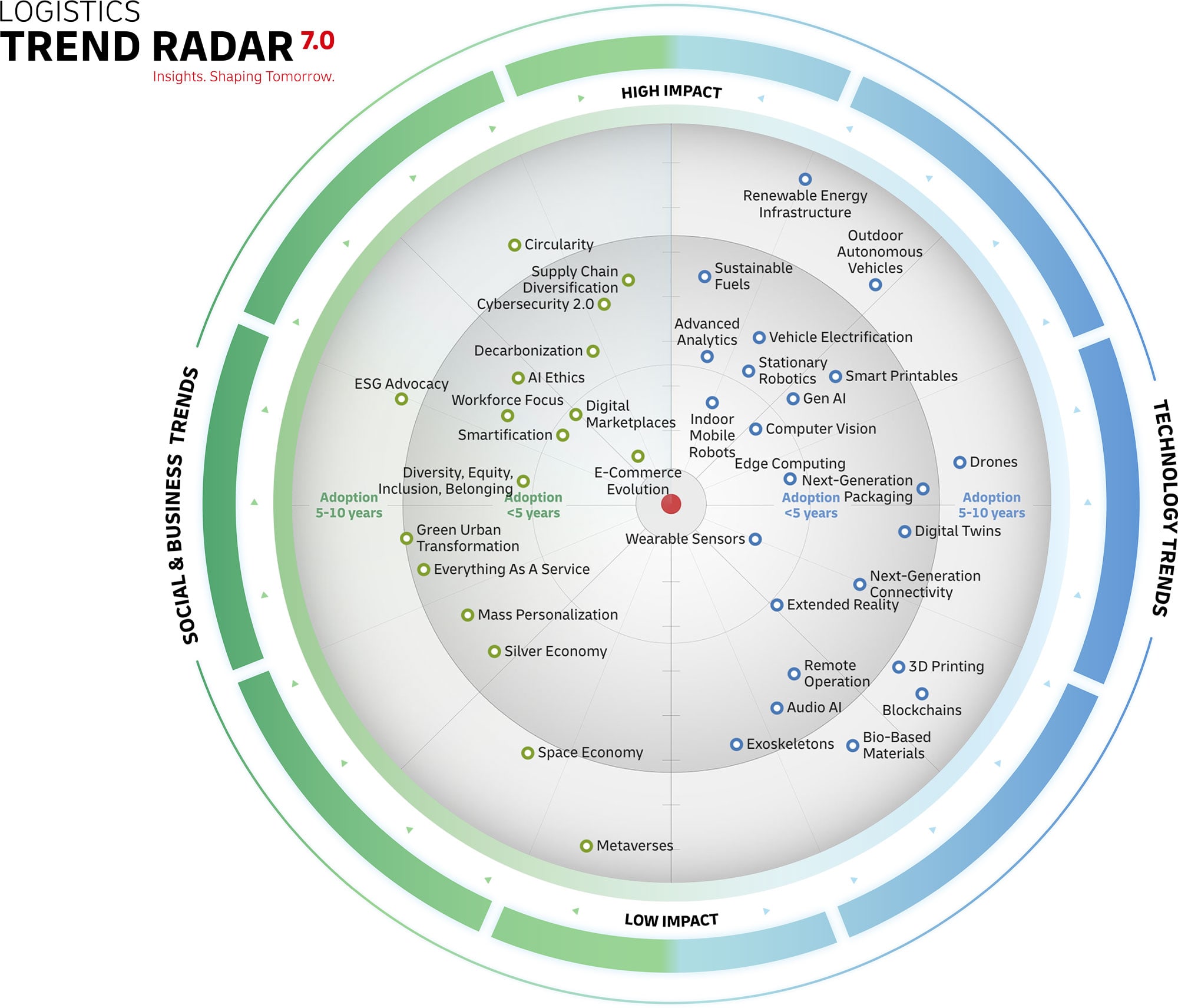The trend of Mass Personalization refers to the creation of highly personalized commercial experiences for individual customers that are designed to be applied on a mass scale. This trend utilizes advanced analytics of customer data, from geographic region to personal preferences and past customized purchases, to detect patterns at both the individual level and collective level and offer bespoke products and services.
Personalization differs from customization, which is when customers can choose from a set of attributes or amenities, like the color of their next sneakers or their seat position on a flight. Rather, personalization is when organizations proactively tailor the customer experience based on individual user and aggregated data such as demographic categories and past customization choices, in attempts to make the user feel more special and valued. Looking across global e-commerce markets, Asia has become one of the earliest adopters in driving the majority of purchases through personalized recommendations. A few years ago in China, the majority of online purchases, approximately 80%, were initiated through search, while only 20% were influenced by product recommendations. However, the current landscape has witnessed a reversal, with product recommendations now driving 80% of online purchases.
Companies must elevate the accuracy and relevance of these recommendations in the near future. Already in 2022, a Salesforce survey revealed 73% of customers expected companies to have a comprehensive understanding of their distinct needs and expectations and more than 50% expressed the belief that companies should proactively anticipate these. Looking for deeper engagement with end customers, larger companies especially will adopt generative, analytics-based artificial intelligence (AI) models and deploy AI algorithms. This will drive more relevant recommendations and offerings based on end customer needs.
Logistics is not immune to this business-to-consumer (B2C) expectation, and supply chain leaders are already looking into how their organizations can better utilize data to improve the customer experience. Also, logistics players are the enablers of their business-to-business (B2B) customers’ personalization strategies and must anticipate the shifting agendas of these customers to ensure high-quality service and cost-efficient offerings.
Mass personalization has relatively low impact on the logistics industry. While particularly relevant for B2C logistics engagement, the trend has only limited application to date in B2B logistics relationships.
While supply chains should be capable of adapting to handle more customized products, it is not expected that overall operational changes for logistics will be disruptive. However, to stay relevant for certain customers, it will be crucial to offer the right logistics services to companies with more complex product portfolios.














